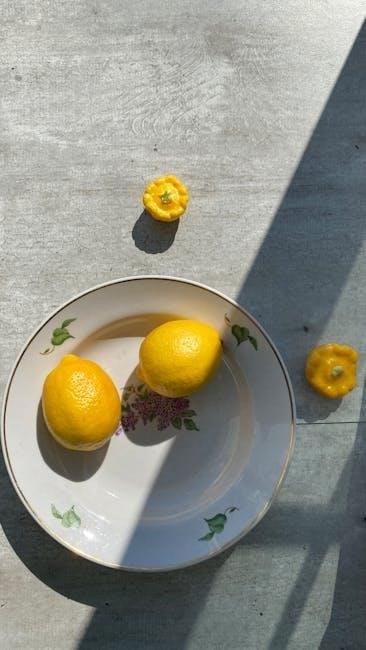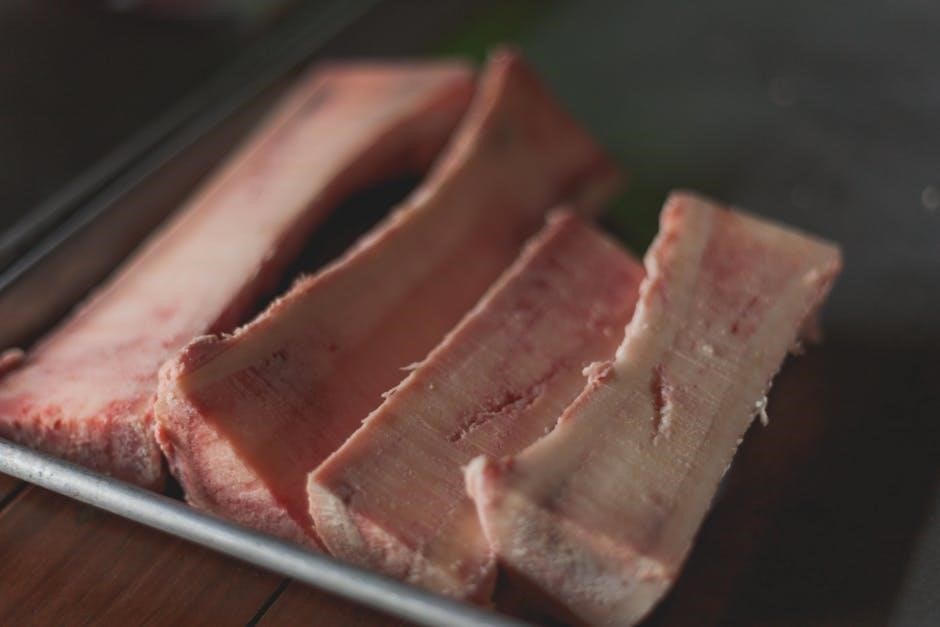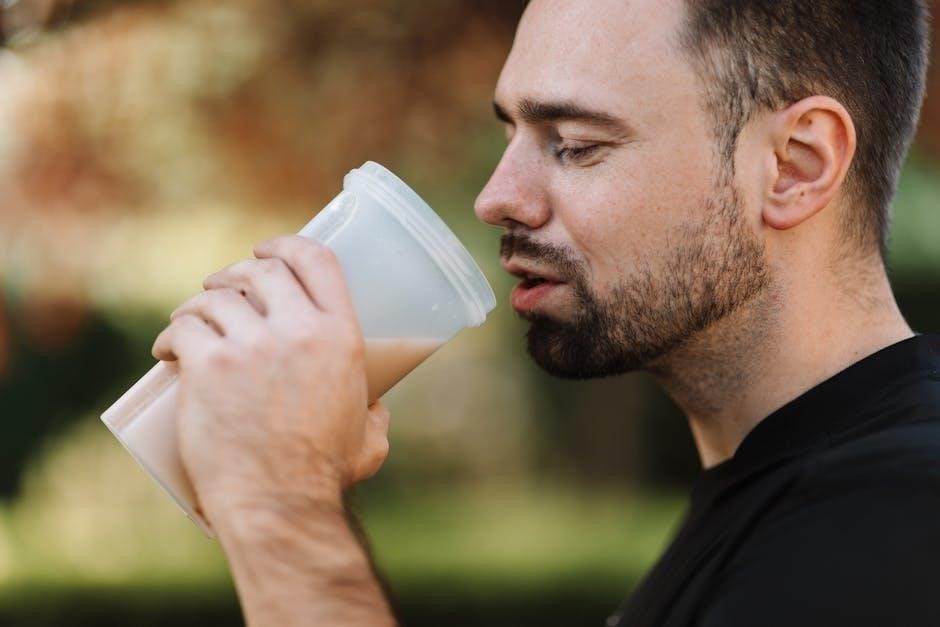21-Day Fatty Liver Diet Plan: A Comprehensive Guide
Embarking on a 21-day Fatty Liver Diet Plan is a transformative journey toward improved liver health. This comprehensive guide helps you understand the principles and benefits of this dietary approach.
Benefits of a 21-Day Fatty Liver Diet Plan
Adopting a 21-day Fatty Liver Diet Plan offers a spectrum of advantages for your well-being. Primarily, it actively promotes liver health by incorporating foods known to support its function, such as an abundance of fruits, vegetables, and whole grains. This dietary shift aids in reducing liver fat and inflammation, critical steps in reversing fatty liver disease.
Beyond liver-specific benefits, the plan also regulates blood sugar levels by emphasizing whole, unprocessed foods. Weight management is another significant outcome, as the plan naturally encourages calorie consciousness and portion control. Furthermore, it fosters healthy eating habits, empowering you to maintain a liver-friendly lifestyle long after the 21 days.

Key Principles of the Diet Plan
The 21-Day Fatty Liver Diet Plan operates on several core principles designed to optimize liver health; Foremost is calorie consciousness combined with mindful portion control, crucial for weight management and reducing liver fat. The plan emphasizes incorporating nutrient-rich whole foods like fruits, vegetables, lean proteins, and whole grains while strictly limiting saturated fats, added sugars, and processed carbohydrates.
Hydration is also paramount, encouraging ample water intake throughout the day. The diet promotes regular meal timing to stabilize blood sugar levels and prevent overeating. Furthermore, it encourages mindful eating practices, fostering a deeper connection with your body’s hunger cues. These principles collectively create a sustainable and effective approach to managing fatty liver.
Foods to Include in the 21-Day Plan
A successful 21-day fatty liver diet hinges on incorporating specific food groups that actively support liver function and overall well-being. Fruits and vegetables, rich in antioxidants and fiber, play a crucial role in detoxification and reducing inflammation. Lean proteins, such as chicken, fish, and legumes, provide essential amino acids without excessive saturated fat.
Whole grains, like quinoa and brown rice, offer sustained energy and fiber, aiding in blood sugar control. Healthy fats, found in avocados, olive oil, nuts, and seeds, contribute to satiety and provide essential fatty acids, particularly omega-3s. These foods work synergistically to promote liver health and facilitate fat reduction.
Fruits and Vegetables
Incorporating a wide array of fruits and vegetables is paramount in a 21-day fatty liver diet. These foods are nutritional powerhouses, brimming with vitamins, minerals, antioxidants, and fiber, all of which contribute to liver health and overall well-being. Leafy greens like spinach, kale, and collard greens are excellent choices due to their high antioxidant content, which helps combat inflammation and supports liver detoxification.
Berries, especially blueberries and strawberries, are also rich in antioxidants. Citrus fruits, such as oranges and grapefruits, provide vitamin C, further boosting the body’s natural defenses. Aim for at least five portions of various fruits and vegetables daily to maximize their benefits.
Lean Proteins
Lean proteins are essential for a 21-day fatty liver diet, providing the building blocks for tissue repair and muscle maintenance without adding excessive saturated fats. Opt for sources like chicken breast, turkey, and white-fleshed fish, such as cod or tilapia. These options are low in fat and high in protein, supporting liver function without burdening it with unhealthy fats.

Legumes, including lentils and beans, are also excellent plant-based sources of lean protein. They offer the added benefit of being rich in fiber, which aids in digestion and helps regulate blood sugar levels. Incorporate a variety of lean protein sources into your meals to ensure a balanced and nutritious diet throughout the 21-day plan.

Whole Grains
Whole grains are a crucial component of the 21-day fatty liver diet plan, providing sustained energy and essential nutrients. Unlike refined grains, whole grains retain their bran, germ, and endosperm, offering a rich source of fiber, vitamins, and minerals. These nutrients support liver health and overall well-being. Choose options like quinoa, brown rice, and oats, which are all excellent choices for incorporating into your meals.
Limit your intake to 3-4 servings of grains daily to maintain a balanced diet and prevent weight gain, which can worsen NAFLD. Whole grains help regulate blood sugar levels, promoting a steady release of energy and reducing the risk of insulin resistance. They also provide fiber, aiding in digestion and supporting a healthy gut microbiome, which is linked to improved liver function.
Healthy Fats
Incorporating healthy fats into your 21-day fatty liver diet plan is essential for overall health and liver function. Unlike saturated and trans fats, healthy fats, such as monounsaturated and polyunsaturated fats, offer numerous benefits. Sources like avocados, olive oil, nuts, and seeds should be prioritized.
These fats help reduce inflammation, a key factor in fatty liver disease. Omega-3 fatty acids, found in fatty fish like salmon, mackerel, and sardines, are particularly beneficial for reducing liver fat and inflammation. Swapping out sources of saturated fat with unsaturated fat can help prevent weight gain. Furthermore, healthy fats support cell function and hormone production, contributing to overall well-being. Remember to consume these fats in moderation as part of a balanced diet.
Foods to Avoid During the 21-Day Plan

To maximize the benefits of the 21-day fatty liver diet plan, it’s crucial to eliminate certain foods that can hinder liver health and contribute to fat accumulation. Foods high in saturated fats, such as butter, fatty cuts of meat, and sausages, should be avoided. These fats can exacerbate liver inflammation and impede recovery.
Also, limit the intake of added sugars found in processed foods, sugary drinks, and desserts. Excessive sugar consumption can lead to increased fat storage in the liver. Refined carbohydrates like white bread, pasta, and pastries should also be minimized, as they can cause weight gain and worsen non-alcoholic fatty liver disease (NAFLD). Alcohol should be strictly avoided, as it can severely damage the liver. By avoiding these foods, you support liver function and promote overall health.
Sample Meal Plan Ideas
Creating a structured meal plan is vital for success on the 21-day fatty liver diet. These meal plans should be carefully planned and tailored for managing or improving fatty liver; A balanced approach, focusing on nutrient-rich foods and portion control, is key.
Each meal should incorporate elements that support liver health, such as lean proteins, whole grains, healthy fats, and plenty of fruits and vegetables. A sample meal plan provides a framework for making healthy choices, ensuring that the body receives the necessary nutrients without overburdening the liver. Such a plan will ensure that you are on track to support liver function and foster overall health. Remember that consistency is key in this dietary approach.
Breakfast
Kickstart your day with a liver-friendly breakfast that sets the tone for healthy eating habits. A great option is an oatmeal bowl, which provides fiber and sustained energy. You can enhance it with berries for antioxidants and a touch of natural sweetness. Additionally, consider including a cup of green tea, known for its liver-supporting properties.
Another excellent choice is a smoothie made with leafy greens, fruits, and a source of lean protein. These options help regulate blood sugar and reduce liver fat. Remember that breakfast is important and starting with a healthy meal will help achieve your goals on the 21-day diet plan.
Lunch
For lunch, prioritize meals that are both nutritious and satisfying to keep you energized throughout the afternoon. A recommended option is a salad with mixed greens, vegetables, and a lean protein source like grilled chicken or fish. Dress it with olive oil and lemon juice for a healthy fat boost. Another great choice is lentil soup, packed with fiber and plant-based protein.
Ensure you’re including a variety of colorful vegetables to maximize your intake of vitamins and antioxidants. Remember to avoid processed foods and refined carbohydrates, as these can contribute to fatty liver. This midday meal should support liver function and keep you feeling full.
The 21-Day Plan Overview (Phases)
The 21-Day Fatty Liver Diet Plan is structured into three distinct phases, each designed to optimize liver health. Week 1 focuses on detoxification and resetting your system. This involves eliminating processed foods, sugars, and unhealthy fats, and emphasizing whole, nutrient-dense foods. Week 2 is all about nutrient boosting, increasing your intake of liver-supportive foods like leafy greens, berries, and lean proteins.
Week 3 transitions into maintenance and lifestyle integration. During this phase, you’ll continue to follow the principles established in the previous weeks, gradually incorporating a wider variety of healthy foods while maintaining mindful eating habits. This phased approach ensures gradual, sustainable changes.
Maintaining Liver Health After the 21-Day Plan
Completing the 21-Day Fatty Liver Diet Plan is a significant achievement, but maintaining your liver health requires ongoing commitment. Embrace the healthy eating habits you’ve cultivated, prioritizing whole, unprocessed foods, lean proteins, and healthy fats. Consistency is vital for long-term success.
Regular check-ups with your healthcare provider are essential to monitor your progress and ensure your liver remains healthy. Consider further nutritional therapy for fatty liver, if recommended. Stay mindful of your portion sizes and calorie intake to prevent weight gain. Remember, sustained lifestyle changes are key to continued liver health and overall well-being.
Importance of Consulting a Healthcare Professional
Before starting any new diet plan, especially one as targeted as the 21-Day Fatty Liver Diet Plan, consulting a healthcare professional is crucial. A doctor or registered dietitian can assess your individual needs and medical history to ensure the plan is safe and appropriate for you. They can also help you understand the underlying causes of your fatty liver disease and rule out any other potential health concerns.
Furthermore, a healthcare professional can provide personalized guidance on meal planning, monitor your progress, and adjust the plan as needed. They can also offer support and motivation to help you stick to the diet and achieve your health goals, ensuring a safe and effective approach.



